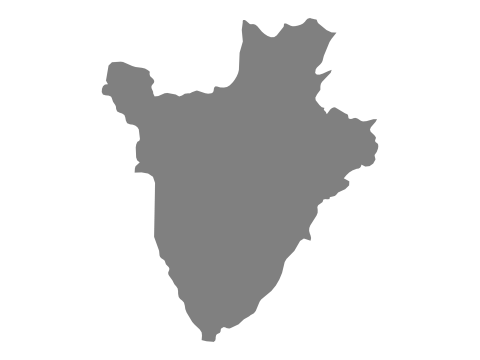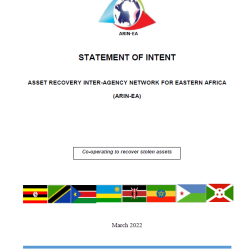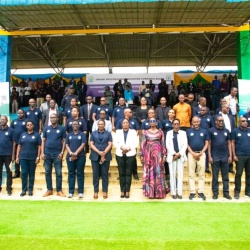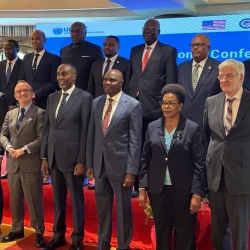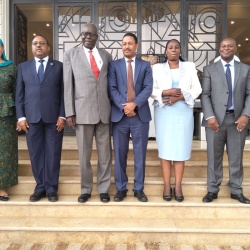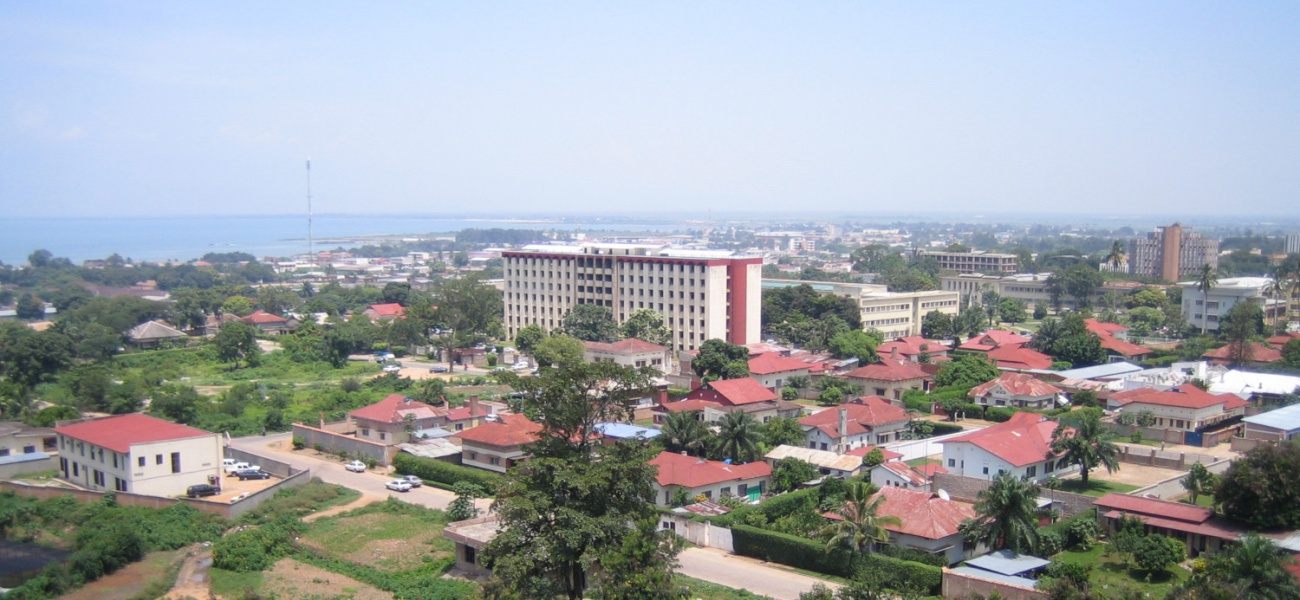
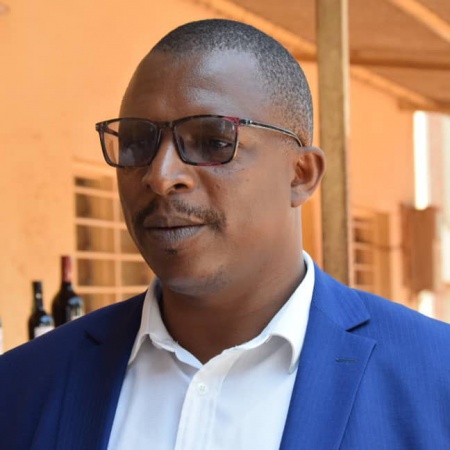
CP ROGER NDIKUMANA
Special Brigade Anti-Corruption Commission of Burundi
Telephone
+257 22 27 38 81
Mobile
+257 71 173 105
+257 69 980 028
Email
Brigadeanticorruption@yahoo.fr
ndisidore@yahoo.fr
Related articles
25 November, 2025 | News
On 17.11.25, the new Inspector General of Government who doubles as the EAAACA President assumed office. Lady Justice Naluzze Aisha Batala informed the management team of the Inspectorate of Government that her leadership rides on the three…
30 September, 2025 | Publication
11 September, 2025 | Publication
Download the ARINEA Statement of Intent
08 August, 2025 | News
IGG opens EAAACA strategic planning meeting, urges stronger regional anti-corruption effortsThe President of the Eastern Africa Association of Anti-Corruption Authorities (EAAACA), who is also the Inspector General of Government,…
14 July, 2025 | Events
The Eastern African Association of Anti-Corruption Authorities (EAAACA)s' will convene its 16th Anti-Corruption Conference, Annual General Meeting (AGM) and 31st Executive Committee (EXCO) meeting in Kampala, Uganda, from 23 - 27 March, 2026 .…
13 December, 2024 | News
The Office of the Ombudsman of Rwanda co-hosted the International Anti-Corruption Day celebrations with EAAACA. The Association was represented by Deputy Inspector General (DIGG) of Government of Uganda, Ms. Twinomugisha Anne Muhairwe. In her…
16 September, 2024 | News
On 12.09.2024, a delegation from the Eastern Africa Association of Anti-Corruption Authorities, led by the President, Hon. Beti Kamya Turwomwe, paid a courtesy EAC Secretary General H.E Veronica Mueni Nduva to deliberate on advancing efforts to…
12 July, 2024 | News
The Regional Office for Eastern Africa of the United Nations Office on Drugs And Crime (UNODC ROEA) in collaboration with the Eastern Africa Association of Anti-Corruption Authorities (EAAACA) is organizing a four-day regional conference hosted by…
12 July, 2024 | News
DatesMon, 29/04/2024 – Fri, 03/05/2024Host Member CountryEthiopiaLocationAddis AbabaWith support from the GIZ Global IFF Program, the Eastern Africa Association of Anti-Corruption Authorities (…
30 November, 2021 | News
Pagination
- Page 1
- Next page
